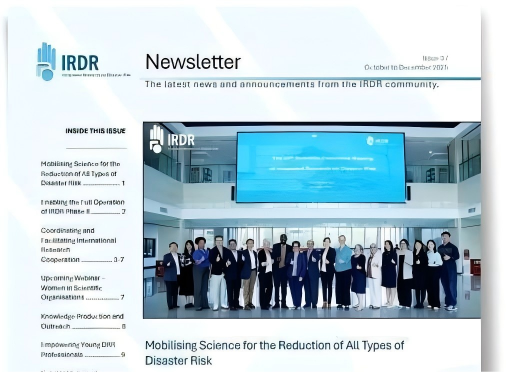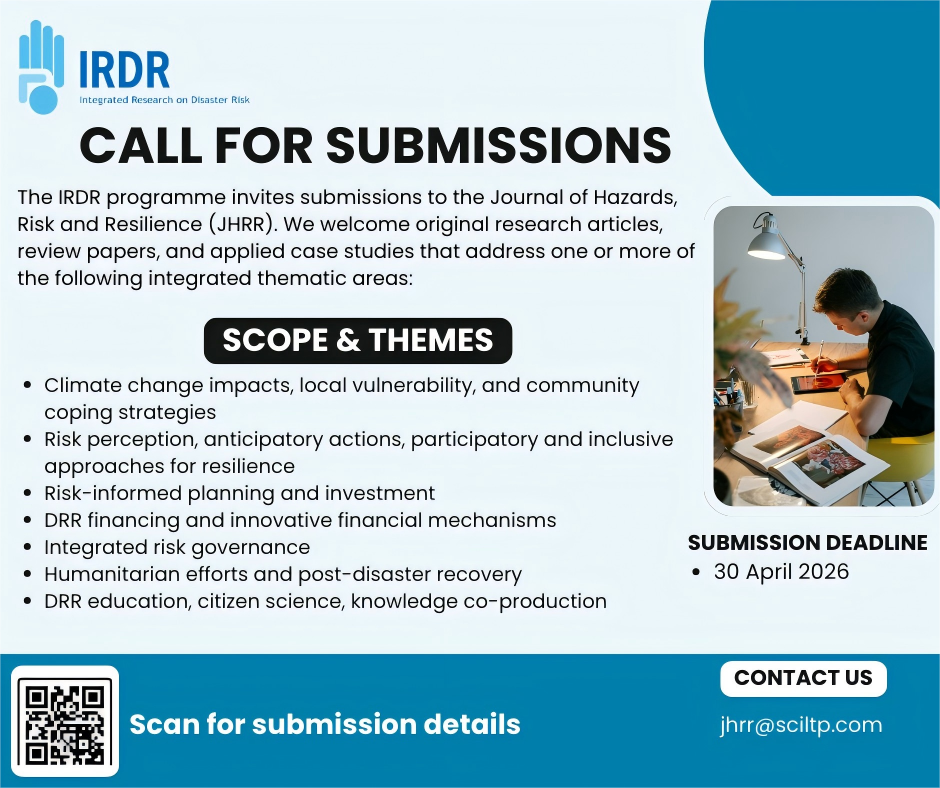Emerging trends in disaster risks underline the need to consider the role of water and wetland management as important elements of disaster risk reduction and risk management strategy. Located at the interface of land and water, wetlands are crucial in regulating the water cycle, for instance by reducing peak flood flows, storing excessive precipitation or recharging groundwater.
It is important that these linkages are adequately recognized and appropriately addressed in the HFA post 2015 framework.

Wetlands International puts forward a set of recommendations for inclusion in the post 2015 Framework, summarised in this briefing.
- Acknowledges ecosystem degradation as one of the root causes of disaster risk and notes that the rapid and accelerating rate of wetland loss (including mangroves, lakes, rivers, peatlands and floodplains) compounds the risks and impacts of increasingly frequent water-related disasters.
- Recognises that fully-functioning ecosystems such as wetlands are the basis of local resilience against disasters by sustaining livelihoods and providing water and important products to local populations.
- Acknowledges that ambit of investments to reduce impact of disasters should include restoration of ecosystems as a risk reduction strategy.
- Recognises that vulnerability can be exacerbated at different geographical scales and thereby calls upon Member States to include landscape considerations at multiple scales ( for example, river basin and coastal zone) within risk assessment protocols which help define risk reduction strategies and actions.
- Urges Member States to take substantive actions to integrate ecosystem approaches (ecosystem conservation, rehabilitation and sound use of ecosystems), and in particular wetland and water management considerations in disaster risk reduction policies and efforts. In particular, encourages Member States to mainstream such considerations in their national disaster risk reduction and climate change adaptation strategies, in local, regional and national water management and land-use plans, and national development strategies.
- Accords ‘environment’ the status of a crosscutting theme, considering the multiple feedbacks between environment and disasters and the fact that healthy ecosystems can reduce disasters by influencing hazards, exposure and vulnerability.
- Includes a set of indicators to the HFAII monitoring system which enable the measuring of environmental aspects in disaster risk management. For a proposed set of indicators we refer to UNEP’s Proposal to the Indicator Family (Annex I).
Wetlands International is a global not-for-profit organisation dedicated to the conservation and restoration of wetlands.





